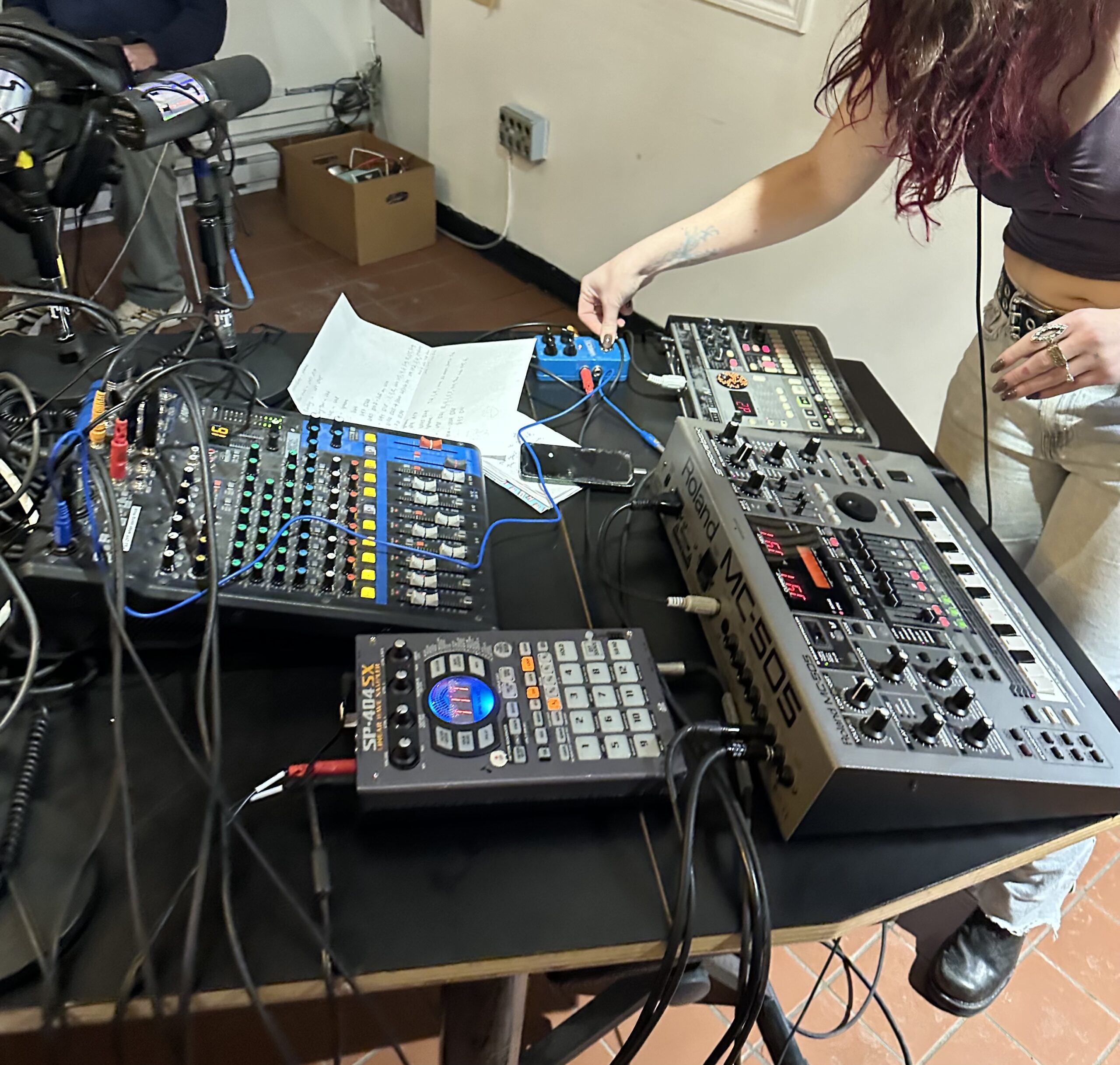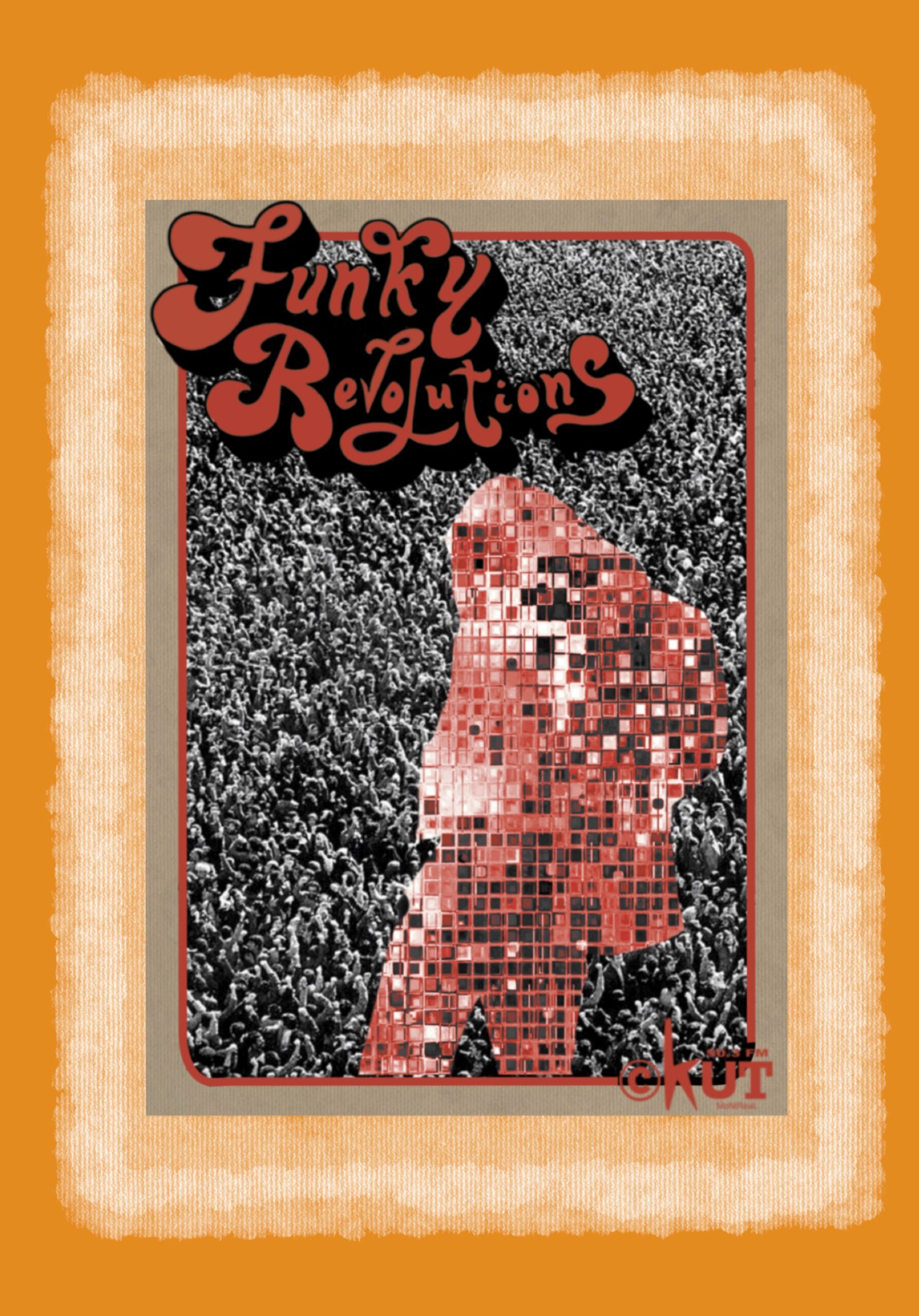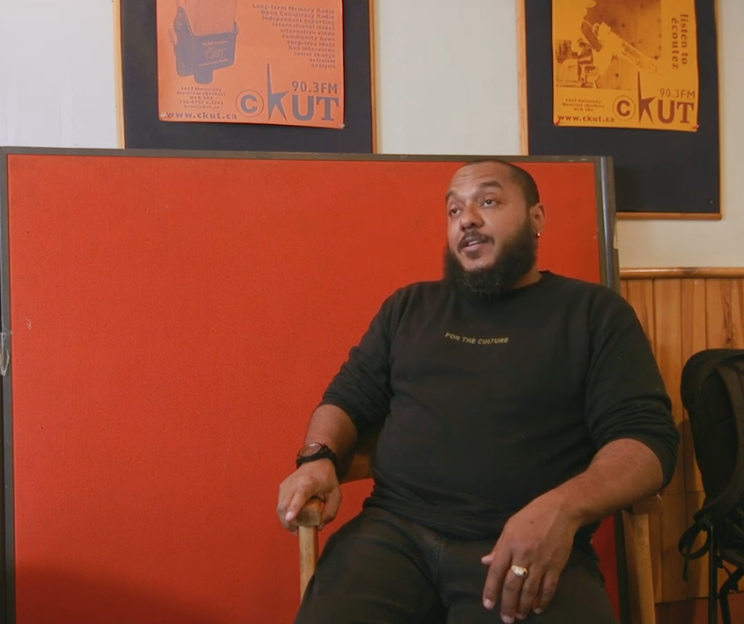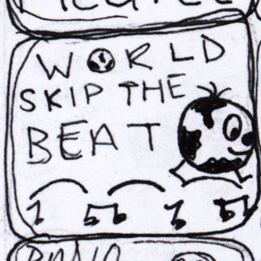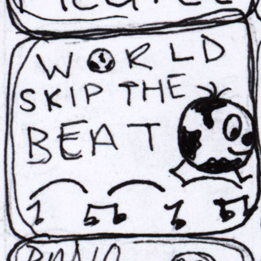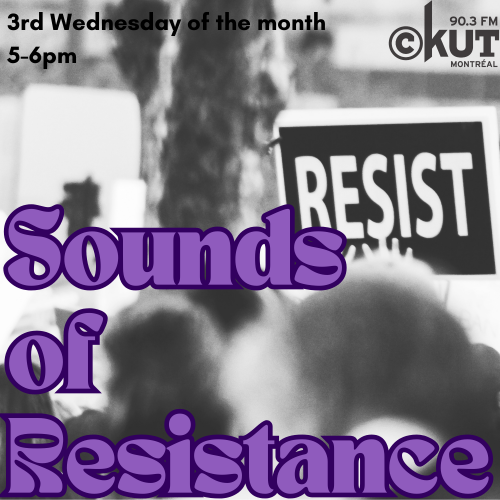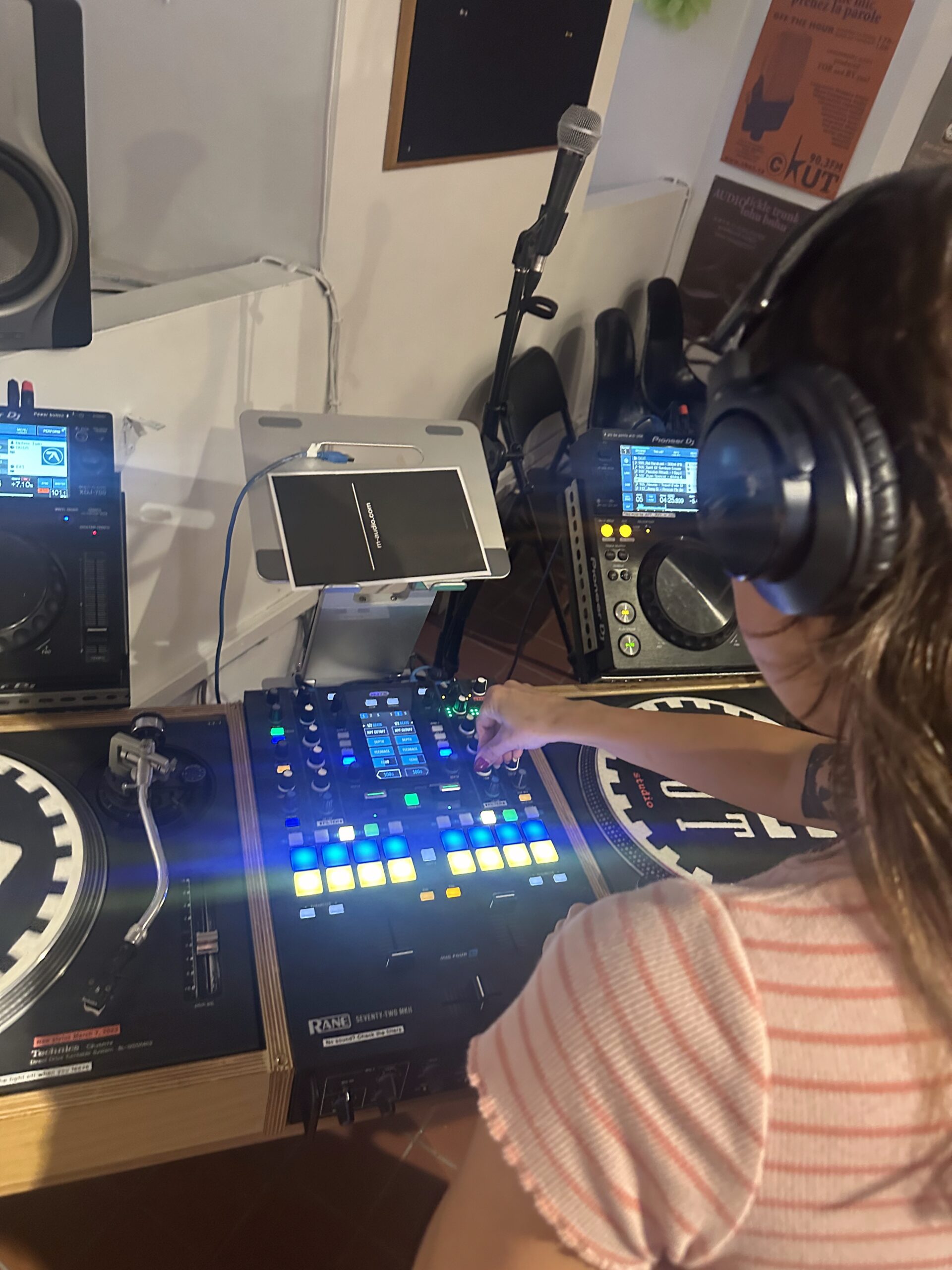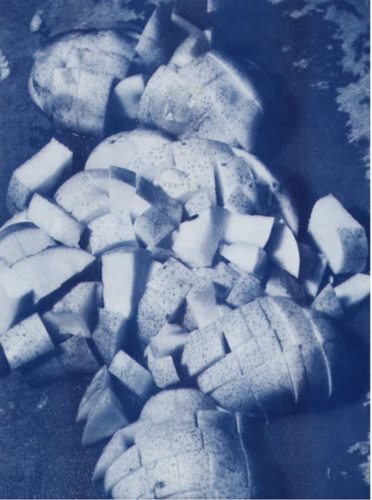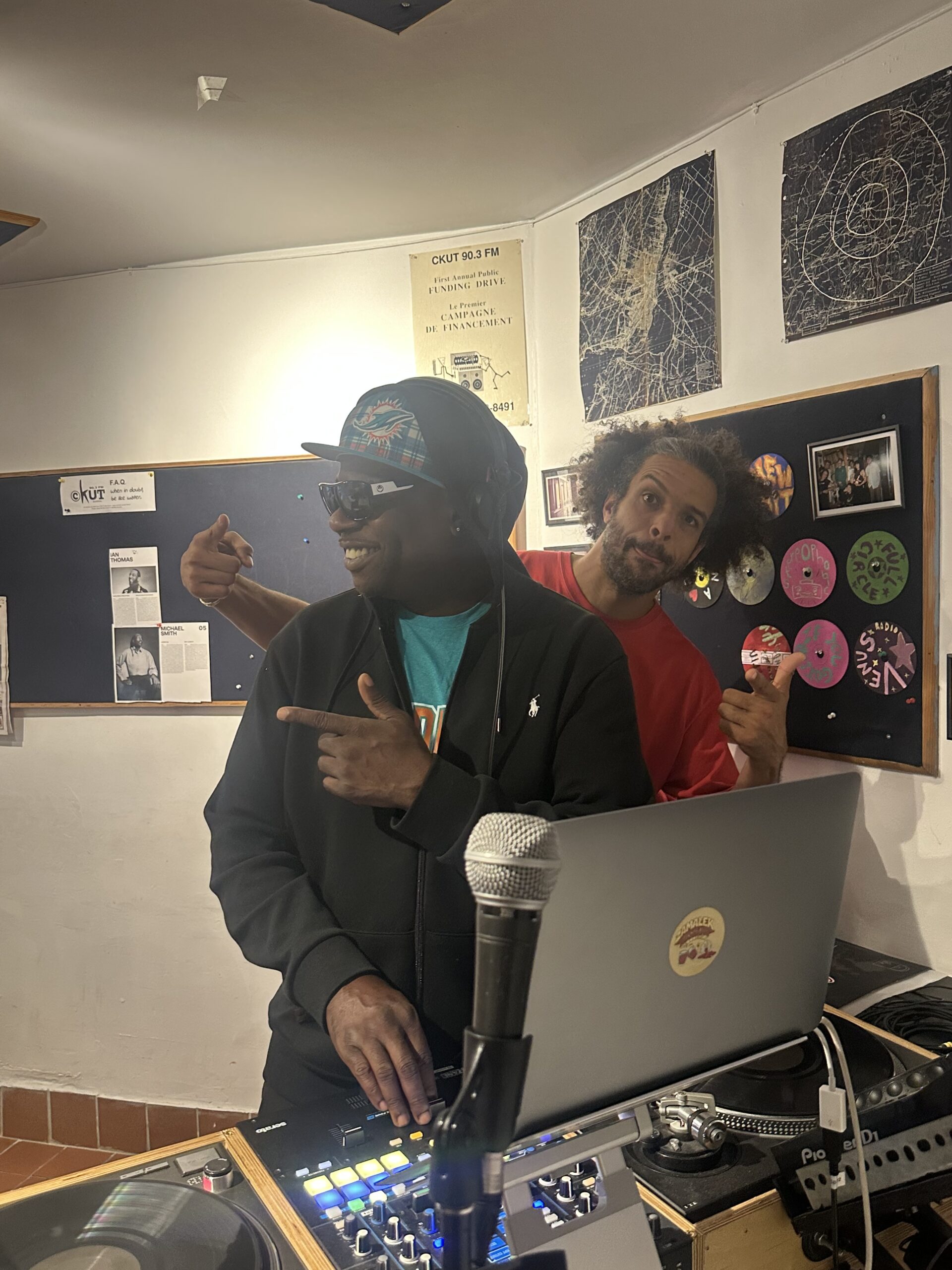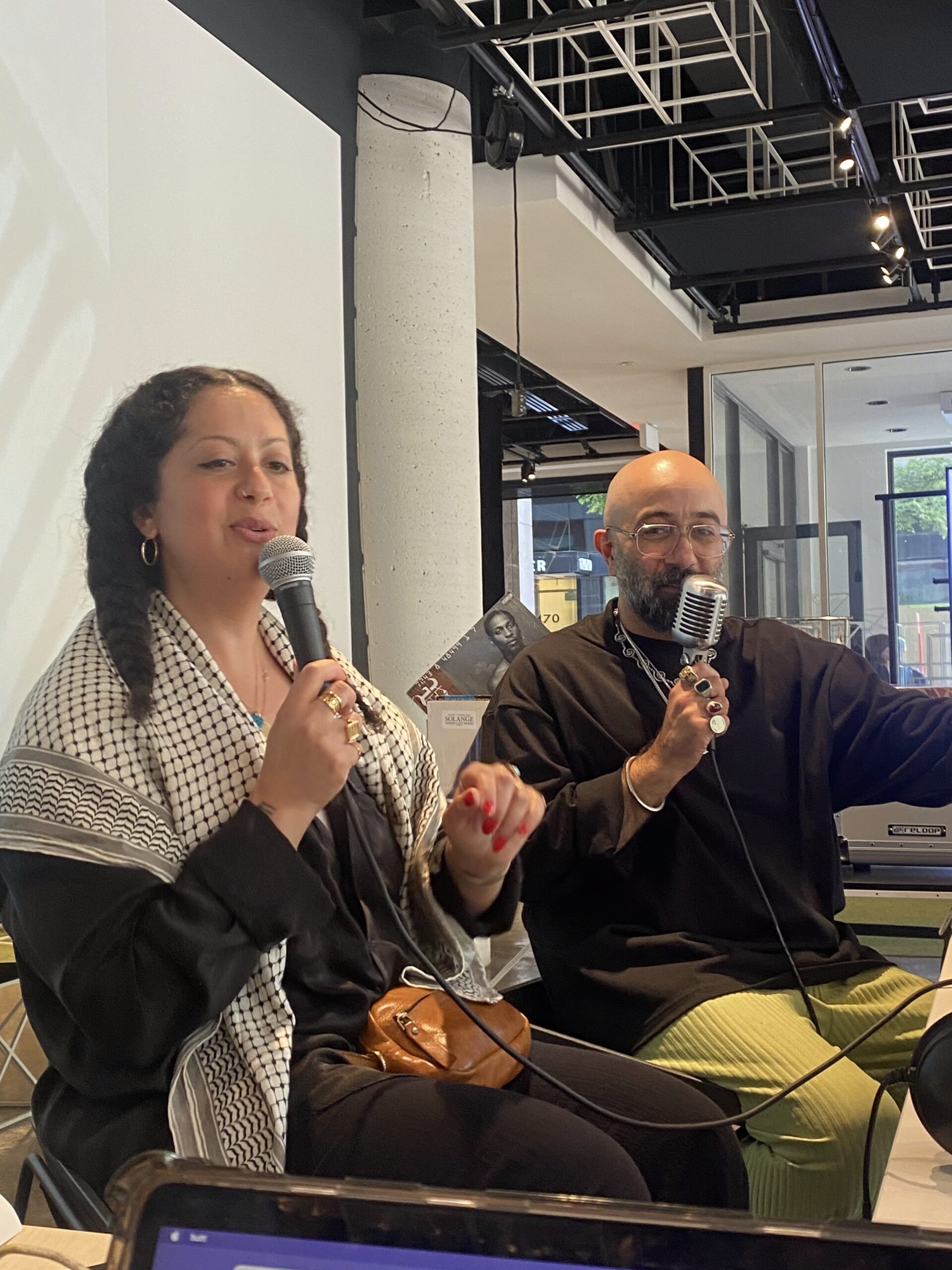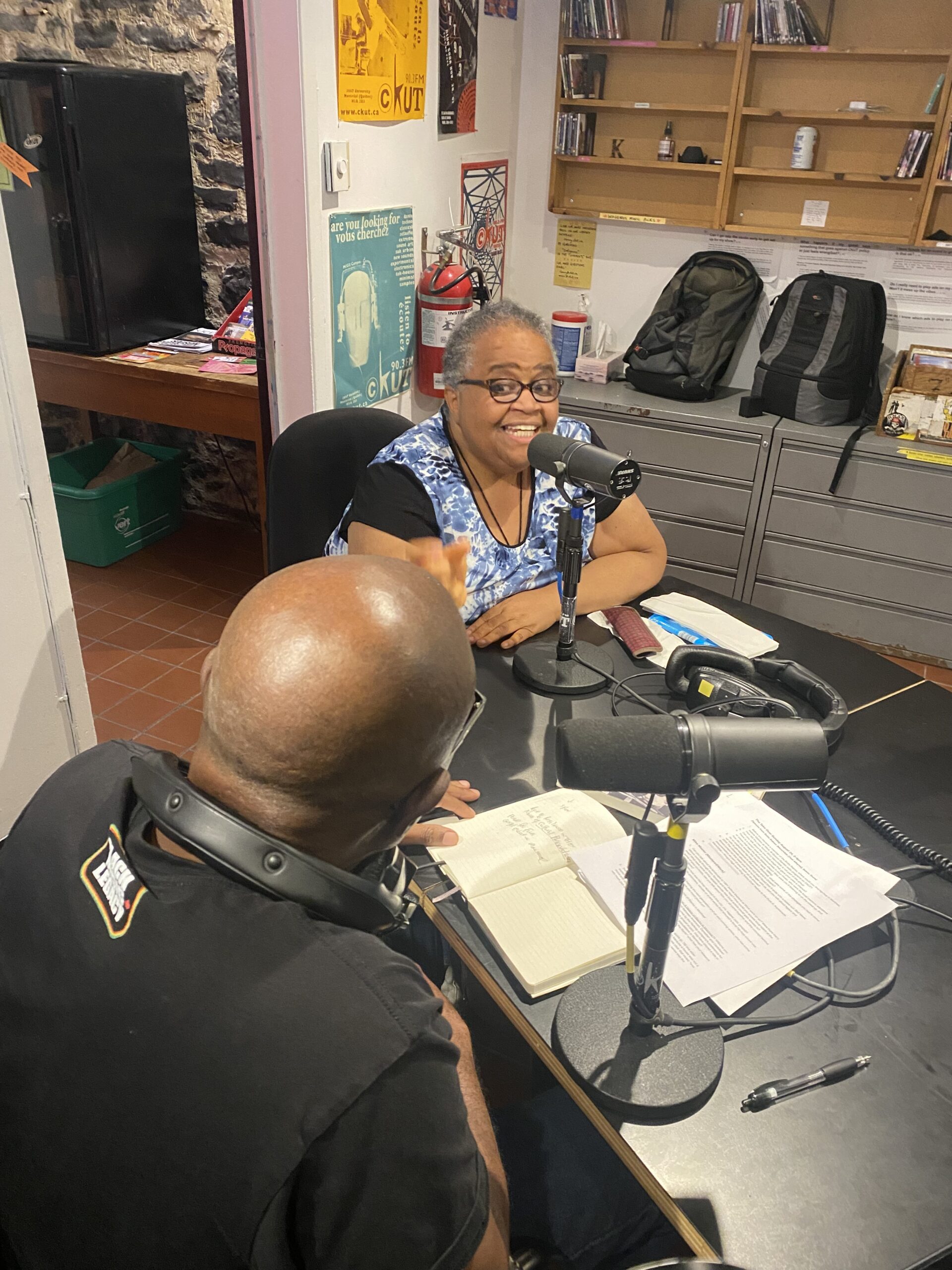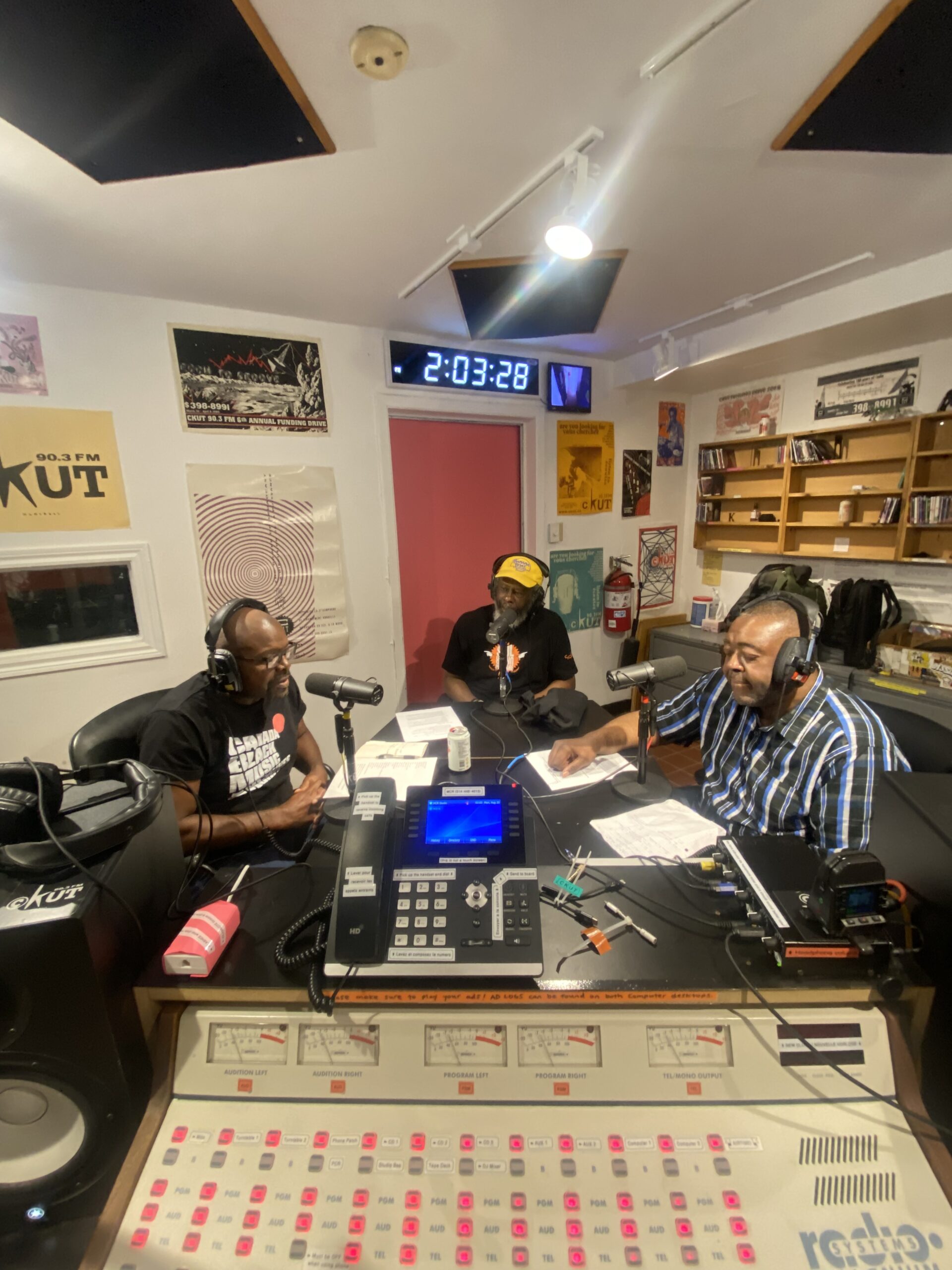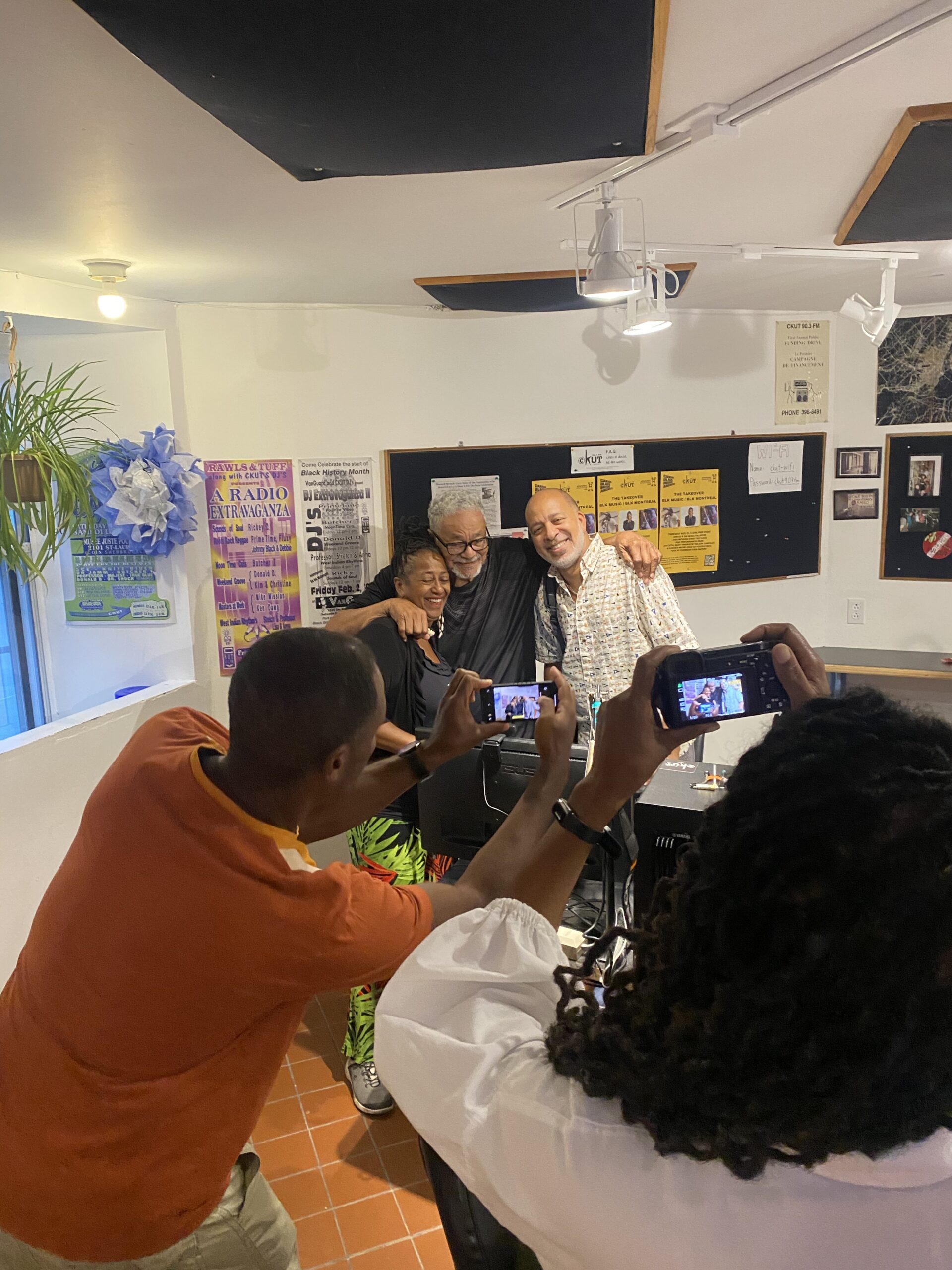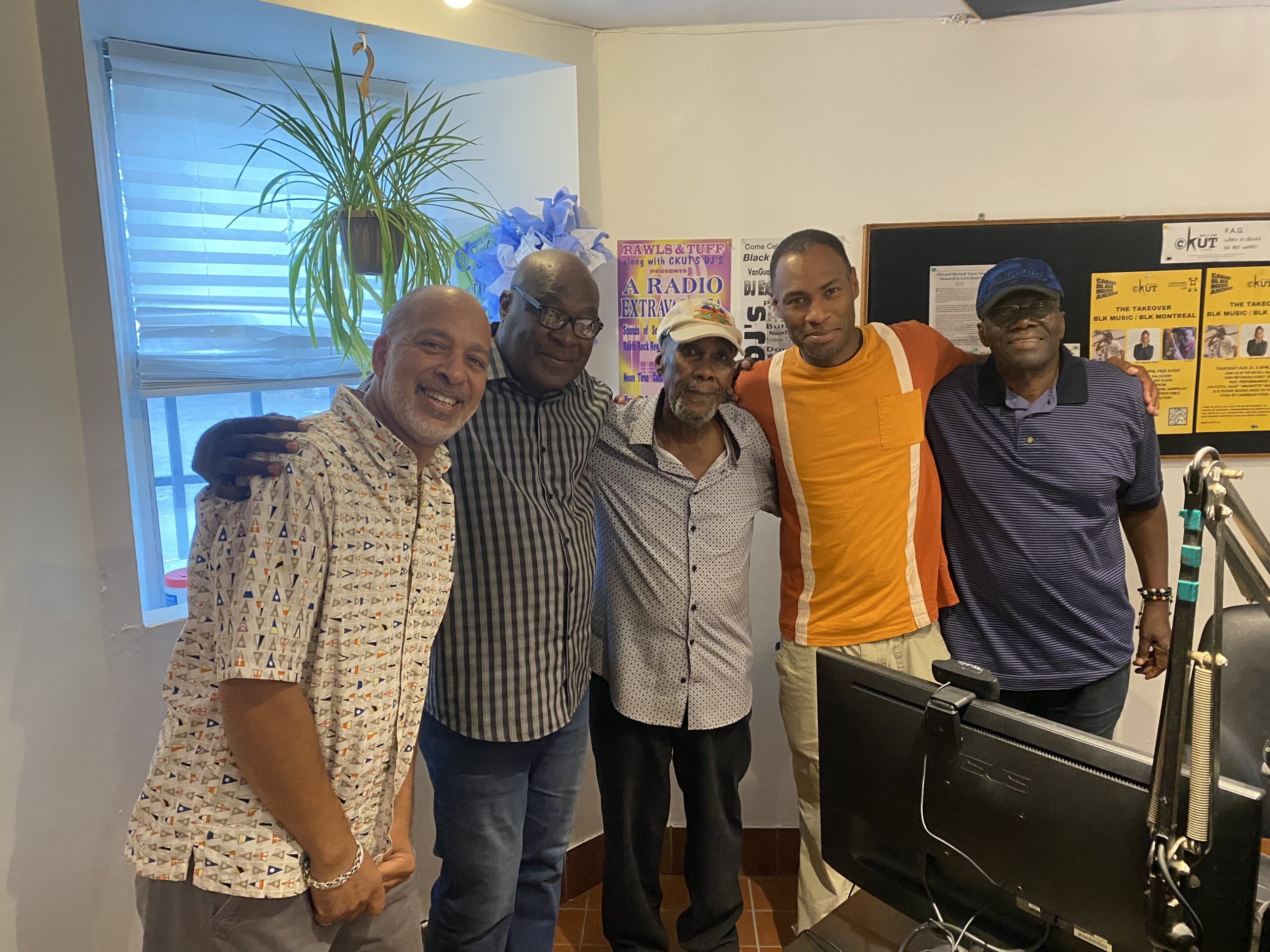Album review: Bloodless by Samia

On Bloodless, the 3rd studio album from Samia released under Grand Jury Music, she departs from the straightforward writing style of her previous album and embraces something more labyrinthine. This proves to be Samia at her best, continuing to deliver the specific but universal details that have become a hallmark of her song writing while also giving listeners plenty to chew on with a narrative that defies a single clear interpretation. On Bloodless, her focus narrows to the idea of absence within relationships. The album addresses both the dangers of seeing absence in other people, specifically the desire to meet certain standards of an imagined person who may not actually exist, as well as the comfort that can be found in allowing yourself to be a mystery to others. “It’s easier to be an idea than a person”, as she sums it up for Paste Magazine.
On “Bovine Excision”, the lead single and first track of the album after 16-second instrumental “Biscuits Intro”, Samia describes emptying herself of life and personality through the metaphor of being “drained bloodless”. The title, referring to the phenomenon of cattle mutilation in which farmers find cows to be drained of blood, proves to be an apt metaphor for this spiritual emptying. She notes a desire to be “untouchable”, then “impossible”. There is an implication that cultivating this spiritual void within herself may protect her from assault or harassment. But if this is true, is it worth suppressing her sense of self? The question is subtextually raised, but not answered. Samia seems more interested in excavation than resolving the narrative, allowing listeners to come to their own conclusions.
The next track “Hole In a Frame” opens discussing Sid Vicious’s punching of a wall in Cain’s Ballroom in Tulsa, Oklahoma. The hole has since become a piece of history, being signed by various bands and framed. Samia sees here how Sid’s absence has only made this spot more valuable with time. She flirts with the inevitability of her absence, saying “Maybe I was born for this / Dying to myself / While you hold the onus”. Here, dying to herself refers to the Christian concept of surrendering to God completely and relinquishing any of one’s own desires in the process. God in this song seems to replace men in “Bovine Excision” as the entity she tries to appeal to at all costs. She would rather allow someone else to hold the reins on her life than bear that responsibility herself. In fact, the next line, “Will you hold the onus?”, asks this request directly. On the surface, she seems to find some power in becoming a projectable mystery, but right underneath is the realization that this choice means losing something too: her autonomy. The almost-imperceptible difference between “while” and “will” here reflects her own awareness that, despite a perceived lack of control over the onus of her life, this reality was self-imposed.
Samia’s writing skill is perhaps at its strongest in “Proof”, where she turns a critical lens back on herself to investigate how her preference to stay projectable to others has led to dysfunction in her close relationships. She first uses the refrain “You don’t know me bitch” as a declaration that she is unpredictable, and what she wants or who she is remains hidden from the people she knows. But in the third verse, she reveals her true intention behind deliberately keeping someone at arm’s length: “I wanted you to come and find / Me waiting in the foyer for you / And when you weren’t there / I made out of thin air / What would bear resemblance to proof / That you don’t know me bitch”. Here, the refrain functions as the result of her own self-fulfilling prophecy. This person not knowing what Samia wants is seen as proof of incompatibility in the best case scenario and evidence of abandonment in the worst. She ends up alone because of the fear of being truly seen and not being accepted. This slight subversion of meaning in the refrain provides a cathartic release, finally addressing the consequences of absent behavior at the end of the album.
Samia’s writing on Bloodless is intricate and unsettling at times. I’d be lying if I said I fully understood exactly what she means by certain verses, like “Popstar fingers / Costumed telegram singers / Beating a dead ringer / With a spyware lipstick” from “North Poles”. These lyrics seem to at first disorient the listener, as if leading us into a dense woodland thicket. Then, once your mind has been sufficiently emptied of preconceived notions about what she might be trying to say, Samia disarms the listener with earnestness, revealing a clearing in the woods that might have been there the whole time. In “North Poles”, a song about the complexities of being known so well by a close friend, the chorus concludes with an idea that can immediately be intuitively understood: “When you see yourself in someone, how can you look at them?”. This style of writing that reveals new insights and meaning upon each relisten not only provides a welcome level of friction compared to the formulaic, algorithm-optimized songs that have become so common in the indie pop and rock genres, but it also opens up seemingly endless interpretations.
Samia’s verses are essentially a Rorschach test, giving listeners the gift of holding up a mirror to themselves. Whatever you see in the cryptic Spine Oil lyrics, “Pulling the suit straps over my hips / Blow Waylon a kiss while he drinks piss / Stuff a salmon in the silhouette / Look for Jesus in my rosettes”, for example, is likely to be a real and true interpretation based on your own life experiences and perceptions. However, the intended meaning of these lyrics, which are often steeped in layered metaphors, are not always obvious, meaning that someone else could take away something completely different and also be right. By at least partially obfuscating her own meanings of these songs, Samia allows for true death of the author and for a multitude of different interpretations to fill that void. Her writing underscores her absence; the original meaning vanishes and her vacancy only appreciates in value as every listener writes their own meaning into each lyric. Merely by engaging with Samia’s album, you are proving her point.
Album review by Anna Hayward
